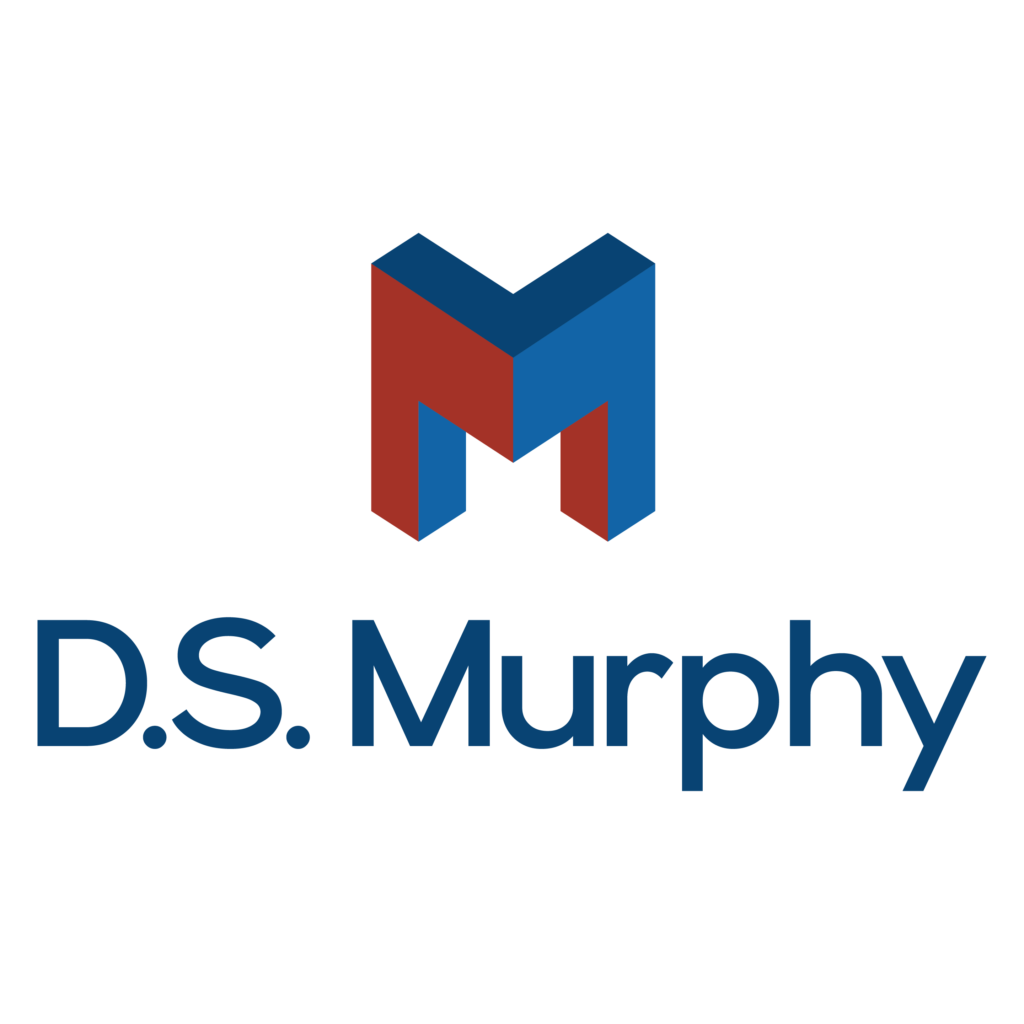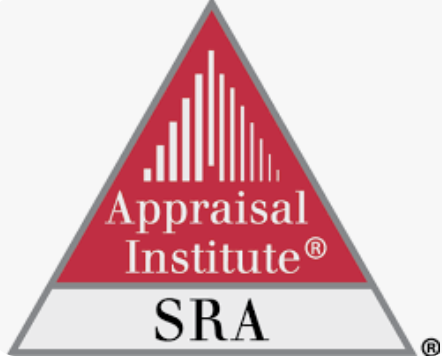By Ryan King and Olivia Blasioli – CRA, SRA Candidates
There are a lot of appraisers out there, but there are a few that stand above the rest. Those are the appraisers with the SRA designation from the Appraisal Institute.
SRA stands for “Senior Residential Appraiser” and is a very prestigious label for an appraiser to have. In fact, less than 1% of appraisers ever get the designation! Many aspire to eventually get it, and D. S. Murphy recommends that all their appraisers get the designation. To acquire it, there are several intensive classes to take, as well as experience hours to log.
One of the classes required is the Advanced Residential Applications and Case Studies / Part 1. Before this class begins, there is an extensive case study to read through, and a 50-page work file to complete. The work file covers every part of a residential appraisal, including accepting the assignment and scope of work, neighborhood and market analysis, the sales comparison approach, the cost approach, the income approach, a highly detailed highest and best use analysis encompassing the information derived from all three approaches, and the reconciliation of a final opinion of value. The report was to be completed based on the property’s “as-is” condition, however the highest and best use analysis had to take into consideration multiple construction projects, as well as potential uses as a single-unit home or as a rental property.
The first two days of class involved group work and review of the completed work files to discuss how everyone arrived at certain conclusions. After the two days of class, we all took the final exam, which focused heavily on the cost approach to valuation, and the math involved in calculating depreciation and obsolescence.
There is a second part of the class related to the first part, called Advanced Residential Report Writing/Part 2, which is far more writing focused. During the second part, we used the work file from the first part and translated that information into a full narrative report. The narrative report is broken down into eight individual writing assignments done over the course of four days. In each of the writing assignments, we had to (very specifically) explain how we came to our final value conclusions. These explanations had to include individual grids for each paired sale, graphs and charts showing market trends and market conditions, detailed mathematical equations showing how the amount of depreciation and obsolescence was calculated, and much more. The final exam is at the end of the fourth day of class, and it was all about writing styles, grammar, and punctuation.
Later on in the journey toward the SRA designation, an appraiser has to submit what’s called a “demonstration of knowledge” report. In taking the Advanced Residential Report Writing Parts 1 & 2 together as a package, this demonstration of knowledge requirement is satisfied in the eyes of the Appraisal Institute.
That is exactly why we (Olivia and Ryan) decided to fly out to Chicago to do these two courses back-to-back. The classes are not offered together very frequently, and we had to make the plans rather quickly, but it was very much worth it. I know that you can take these courses online, or synchronously (meaning live online classes), but we both would highly encourage you to take them in person the way we did. Not only did we have each other to bounce ideas off of, but there were another 15-20 appraisers from around the country, with a wide range of experience that we could use as a sounding board as well. Several of the students were of similar age to us, and several were more seasoned. There were some students that were even still registered trainees taking the class to advance to certified appraiser. The ability to collaborate with not only a colleague and friend from within D.S. Murphy, but the peers from around the nation as well is a key part of the learning process that simply cannot be recreated virtually.
While our SRA designation requirements are not fully satisfied with just these two classes, taking them in person in a city like Chicago with a diverse group of peers was a fantastic experience that we both highly encourage anyone in search of the SRA designation try to recreate.
As we said before, D.S. Murphy promotes getting the SRA designation to all its employees. Doing so will set you apart from 99% of your peers in the field and will give you a competitive advantage in your individual market by supporting your claim as the definitive expert in real estate appraisals. On top of all that, the additional 5% fee split from D.S. Murphy is a pretty good benefit as well!

